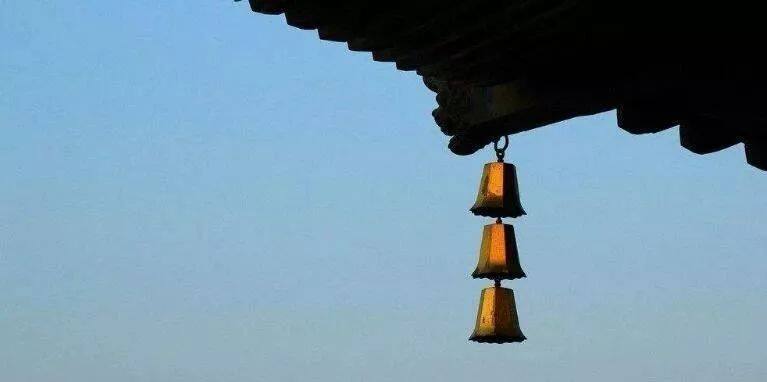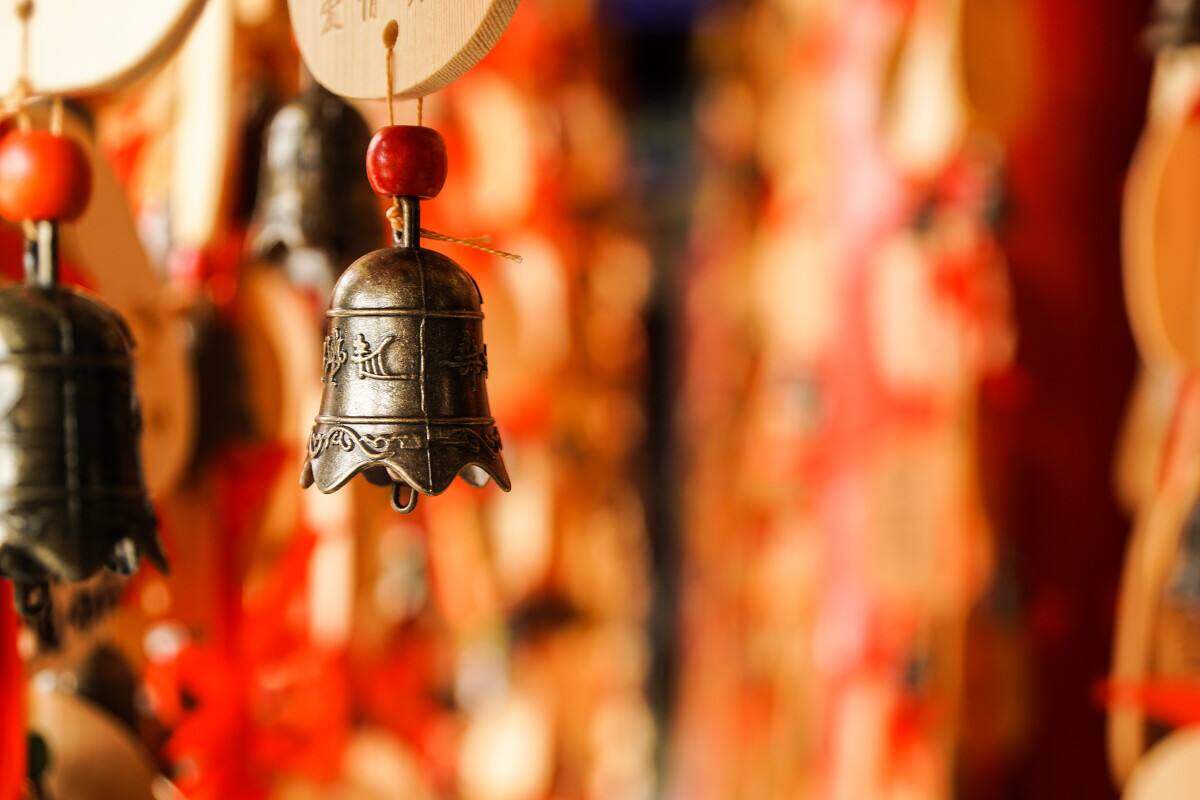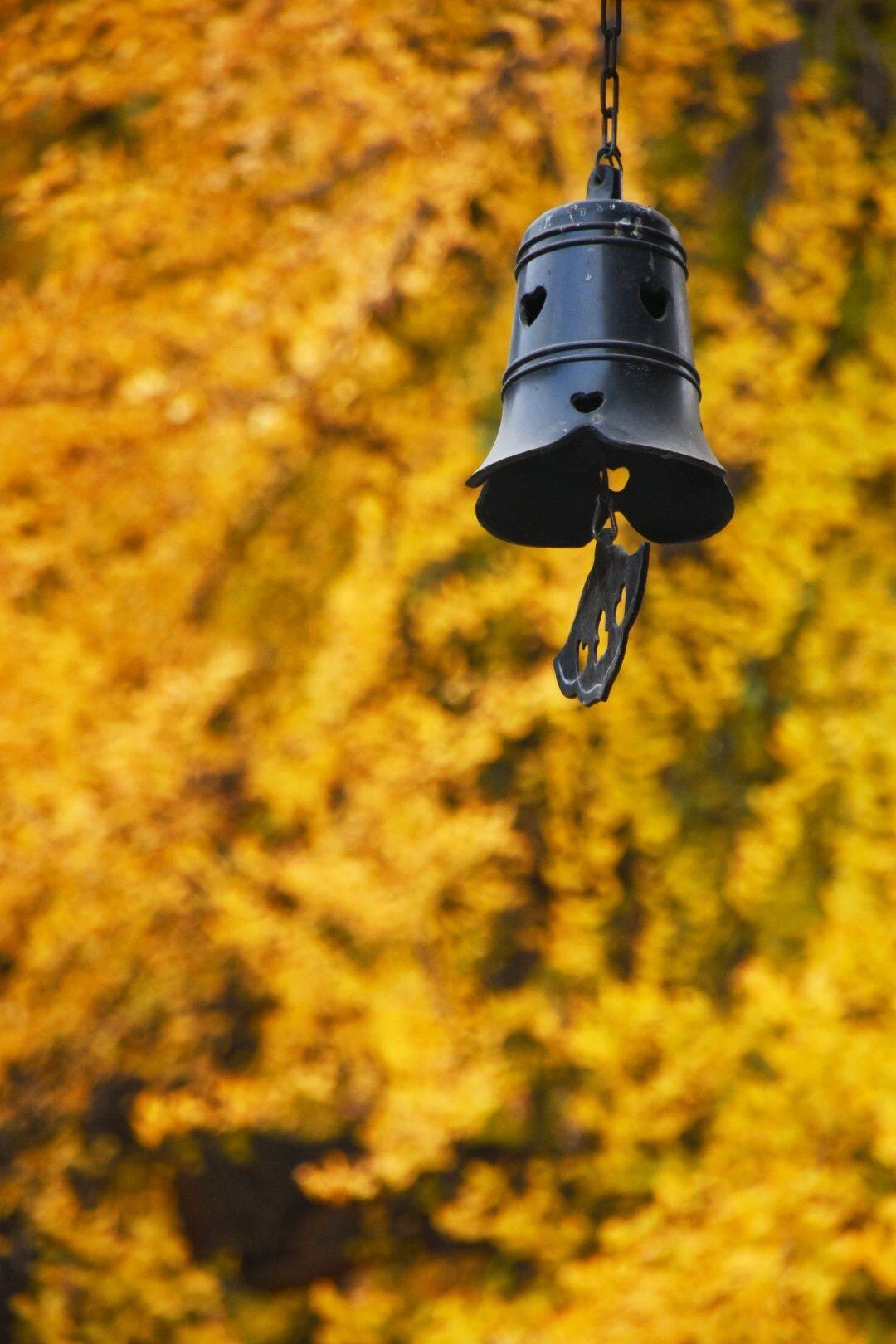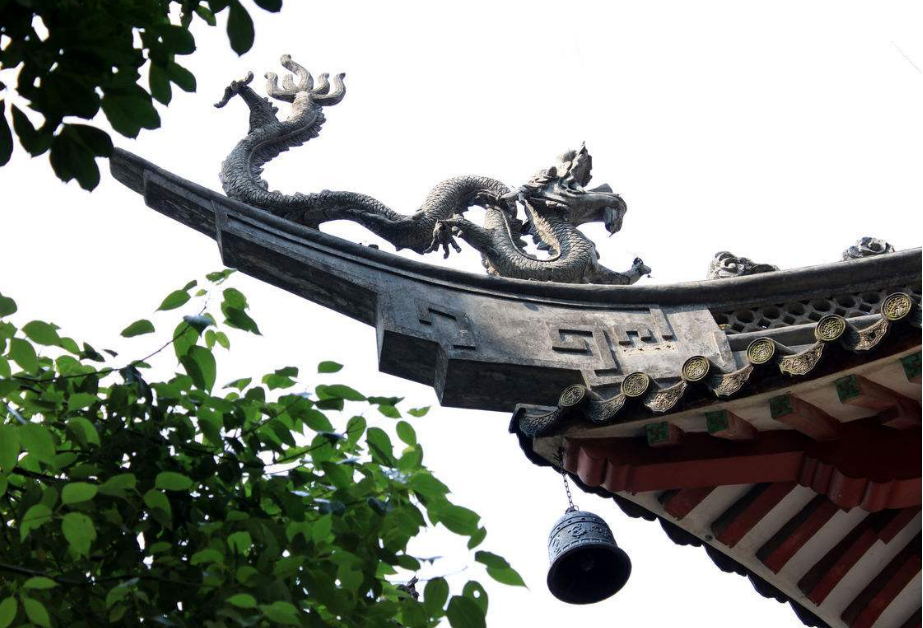- Ling Duo is one of the Buddhist rituals, which has the meaning of praying for blessing and warding off evil

Under the eaves of some Chinese temples and other traditional ancient buildings, you can always see the hanging bells, the wind blows the bells, and is sweet and crisp. This kind of bells in the corners of the halls are now called wind chimes, also known as the alarm bells and flower bells. As the name suggests, it means that when the wind blows, the wind chimes jingle to frighten the birds and protect the flowers and plants in the gallery.


In ancient times, wind chimes were also named Iron Horse, which was called Duo in ancient times. It originated from ancient Chinese divination, and some people used it to determine the direction of the wind.
Bell duo is one of the Buddhist ritual tools, also known as hand duo, hand bell, treasure duo, wind duo, eave duo, etc., usually made of gold, copper, iron and other metals.
After Buddhism was introduced to China, the priest was hung on the eaves of the pagoda in the temple and became a wind chime.
In addition to the frequent use of Ling Duo and the vajra, the most common occasion is to use it in the "Yoga Flame Mouth Feeding" mandala.

In addition, there are also bells hanging on the phase wheels and eaves of some pagodas, called wind chimes, which are blown by the breeze, giving out the rhythm of harmony. The wind blowing the treasure tree, the treasure net, and the treasure ring are one of the clear and elegant sounds of the Western Paradise of Bliss.
The ancients hung a wind chime with the sound of the wind blowing jade vibrating for the purpose of warning, meditation and blessing.
The wind chimes in the temple are important religious artifacts, and there are statues and curses on them. The wind chimes under the eaves of the temple buildings sounded solemnly and quietly, seeming to awaken the world from time to time. It warns the world to escape into Buddhism and remember to meditate and nurture nature.
The Buddhist interpretation of the bell is surprise, joy, and saying. Buddhism has a first wind chime: "The whole body is like a mouth hanging on the void. When it comes to the east, west, north and south winds, he will speak prajna, ding ding dong dong ding ding dong dong." The ding ding dong dong dong is for speaking of suffering, emptiness, impermanence, and selflessness. Buddhism.
In addition, the wind chimes on the eaves of the temple also have the meaning of blessing and warding off evil spirits.
There is also a saying in the Buddhist scriptures that the Three Jewels are offered with melodious bells. The sound of wind chimes is compared to the sound of teaching and chanting. Furthermore, the wind chime is engraved with a curse, and the sound it makes will benefit all beings wherever it goes.



Unexpectedly, the small bells under the eaves of traditional ancient buildings such as temples have so many uses. Editor/He Yuting
Comment
 Praise
Praise
 Collect
Collect
 Comment
Comment
 Search
Search














Write something~